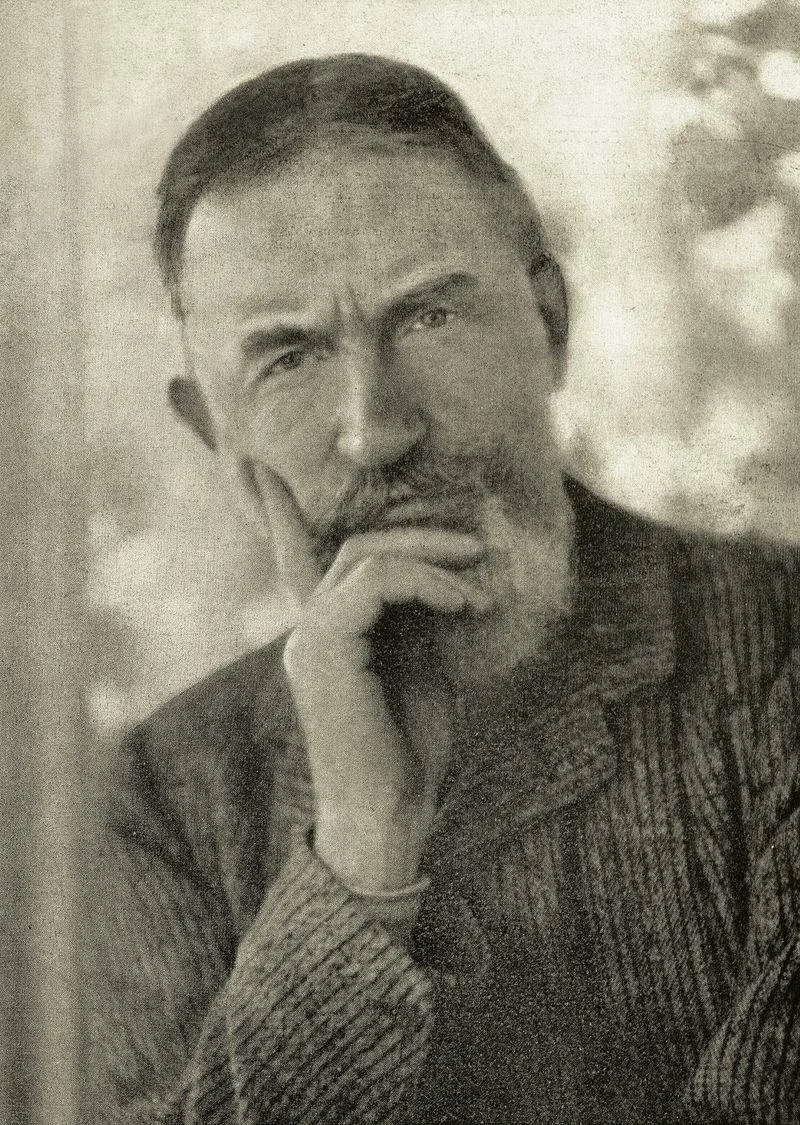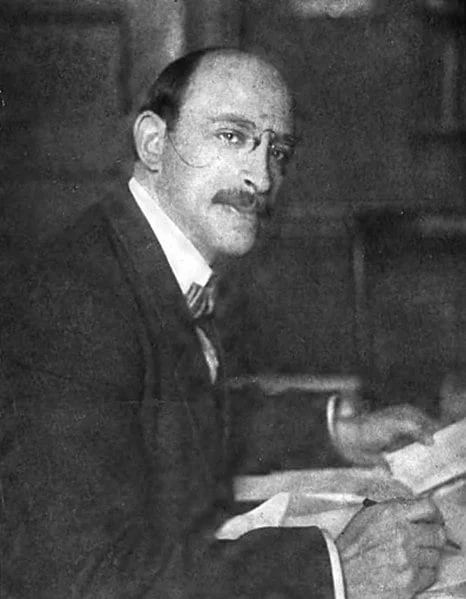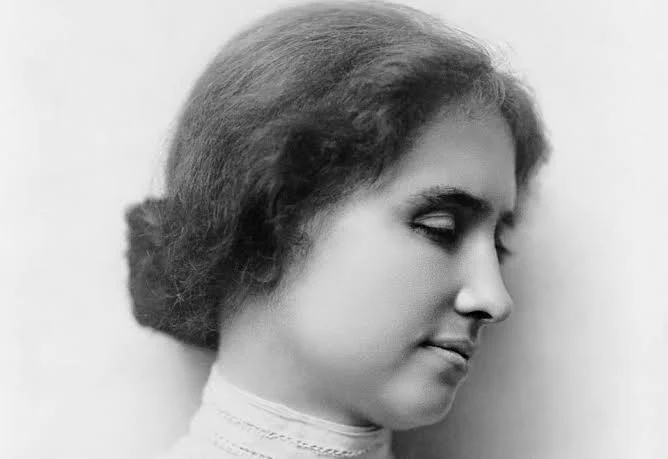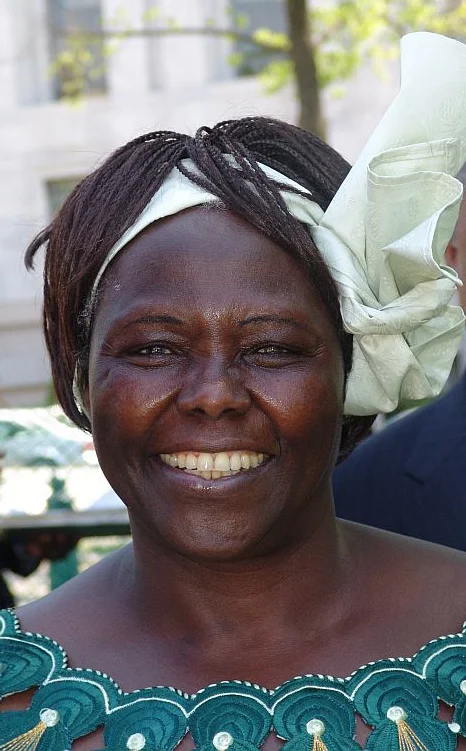Real Celebrities Never Die!
OR
Search For Past Celebrities Whose Birthday You Share
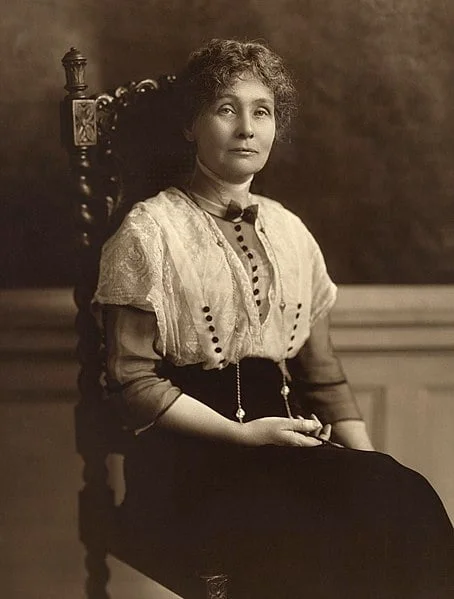
source:wikipedia.org
Emmeline Pankhurst
Birthday:
15 Jul, 1858
Date of Death:
14 Jun, 1928
Cause of death:
Jaundice
Nationality:
British
Famous As:
Political activist
Age at the time of death:
69
Emmeline Pankhurst's Quote's
Early Life and Background
Emmeline Pankhurst, born on July 15, 1858, in Manchester, England, became one of the most influential leaders of the suffragette movement. Raised in a politically active family, she was introduced to discussions on women’s rights and social justice early in life. This exposure to progressive ideals greatly shaped her future activism. Her passion for gender equality would define her life’s work.
Initial Involvement in Women’s Rights
Pankhurst’s activism began in the late 19th century. She joined the Women’s Franchise League, an organization that fought for women’s right to vote. However, her frustration grew as the League’s progress was slow. As a result, in 1903, she founded the Women’s Social and Political Union (WSPU). She believed more radical tactics were needed to draw attention to the women’s suffrage cause.
The Militant Approach of the WSPU
In 1905, Emmeline organized the first public meeting of the WSPU, marking the start of a vigorous campaign for suffrage. Under her leadership, the WSPU adopted militant tactics. These included protests, hunger strikes, and acts of civil disobedience. Pankhurst believed that direct action was necessary to force the government to grant women the right to vote. Her bold leadership pushed the suffrage movement into the national spotlight.
Setbacks and Determination
Despite her relentless efforts, Emmeline Pankhurst and the suffragettes faced major setbacks. In 1908, the British Parliament rejected a bill that could have granted women voting rights. Undeterred, she and her followers intensified their efforts. They organized larger rallies and demonstrations to demand political equality. Their determination made them a force to be reckoned with in the fight for women’s rights.
Arrests and Symbolism
Pankhurst’s dedication to the cause led to numerous arrests. In 1908, she was imprisoned for the first time during a protest outside the House of Commons. Over the years, she was arrested multiple times, enduring hunger strikes and the painful experience of force-feeding. These sacrifices turned her into a symbol of the suffragette movement’s perseverance and strength, inspiring others to continue the struggle.
The 1913 Suffragette Pilgrimage
In 1913, Emmeline Pankhurst organized the “suffragette pilgrimage,” a six-week march from various parts of the UK to London. This peaceful demonstration aimed to gather support for women’s suffrage. It was an effort to show that women from all regions and social classes were united in their demand for the right to vote. The pilgrimage further galvanized public support and solidified Pankhurst’s status as a national leader.
World War I and a Temporary Shift
When World War I broke out in 1914, Pankhurst made the strategic decision to temporarily halt the suffrage campaign. She focused on supporting the war effort, encouraging women to take on jobs in factories and other war-related roles. By proving their capabilities during the war, Pankhurst hoped to demonstrate that women were equal to men in every respect, including their right to vote.
A Significant Victory in 1918
After World War I, in 1918, Emmeline Pankhurst and the suffragettes finally achieved a breakthrough. The British Parliament passed the Representation of the People Act, which granted limited voting rights to women over the age of 30. Although it did not grant full suffrage, it was a significant step in the fight for equality. Pankhurst continued to push for full voting rights for all women, understanding the importance of completing the movement.
Recognition and Continued Advocacy
In recognition of her tireless efforts, Emmeline Pankhurst was appointed a Dame Commander of the Order of the British Empire in 1918. Despite this recognition, she remained focused on achieving complete suffrage. She campaigned tirelessly for equal voting rights until the end of her life, never losing sight of the ultimate goal of gender equality in politics.
Passing and Legacy
Tragically, Emmeline Pankhurst passed away on June 14, 1928, just weeks before the Equal Franchise Act was passed. This landmark law granted women equal voting rights with men in the UK. Her lifelong dedication and leadership laid the groundwork for this success. Pankhurst’s legacy continues to inspire women around the world, reminding future generations of the power of persistence and activism in achieving social change. Her courage and determination remain a beacon for those fighting for equality today.
Name:
Emmeline Pankhurst
Popular Name:
Emmeline Pankhurst
Gender:
Female
Cause of Death:
Jaundice
Spouse:
Place of Birth:
Manchester, England
Place of Death:
Hampstead, London, England
Occupation / Profession:
During World War I, she shifted focus to support the war effort, arguing that women's contributions would demonstrate their capability to vote
Her daughters, Christabel and Sylvia, were also active suffragettes, continuing the fight for women's rights alongside their mother
In 1903, she established the Women's Social and Political Union (WSPU), known for its militant tactics to demand voting rights for women
She was arrested numerous times, enduring harsh conditions and force-feeding during hunger strikes; she was jailed 12 times in one year alone
Dame Commander of the Order of the British Empire (1918)
She formed the Women’s Social & Political Union (WSPU)
She organised the UK suffragette movement and helped women

